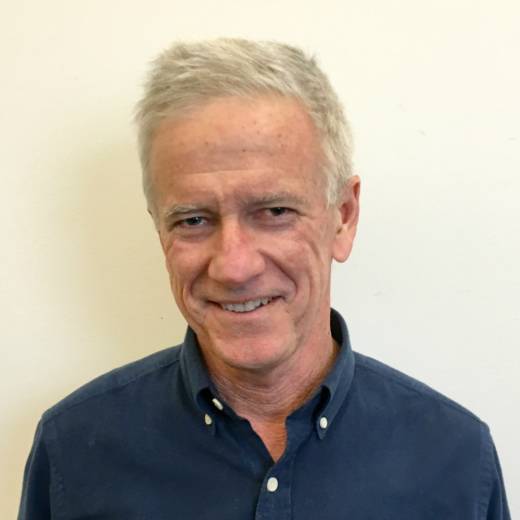The ranks of Vietnam servicemen were filled by the draft, which not only affected the life choices of millions of young men, but divided families and shaped a nation’s attitude about war. Paul Staley has this Perspective, part of our week of Vietnam War commentaries.
Forty five years ago I was at the Oakland Army base for my pre-induction physical. When asked if I had any conditions that might interfere with military service, I said that my family doctor had declined to recommend a deferment for a knee injury. The Army doctor looked at me and asked, "What gives him the right to play God with your life?"
I passed my physical and was classified 1A. But then something happened that did feel like divine intervention. The draft was abolished. I was never called up.
The words "baby boomer" are so familiar that it is easy to forget the circumstances behind the label. To be a Boomer is to be born in the shadow of war. Military service was a constant in the background of our lives. It seemed like everybody's father had served. I remember the dark green duffel bag my Little League coach used to haul our gear and the Navy uniform in my dad's closet.
But Vietnam meant that military service moved from the background to looming over us. The draft was like a harvesting machine that scooped up young men and turned them into soldiers. The prospect of fighting a war meant you had to make a choice. Many volunteered, some resisted or evaded. Others like myself were more ambivalent and fatalistic. I didn't support the war but my efforts to avoid service were half-hearted. I was willing to go only because I didn't think it right to have somebody else go in my place.
